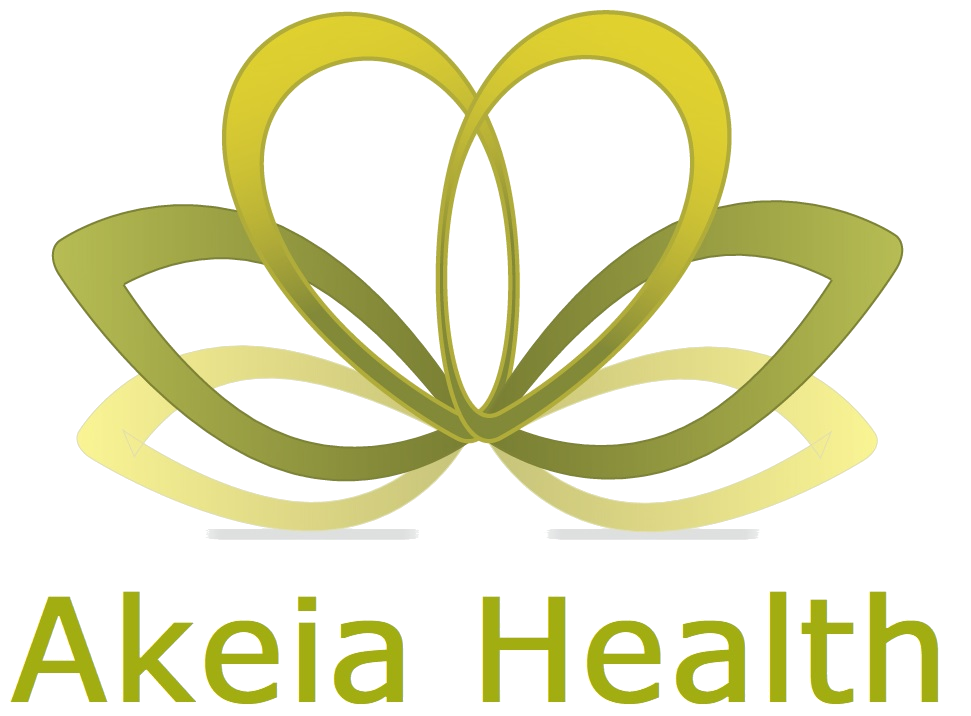Microbiome, Bacteria Controlling our Genetics

New research is spurring exciting developments showing the presence of trillions of bacteria that survive inside our body and how those bacteria affects our genes. Science is driving us all nuts with such mind blowing yet fascinating information regarding new developments. We have always known bacteria as pathogens – the bad guys. Scientists are digging into the fact that these bacteria could lead to new treatments and their positive impact on human beings.
The overuse of antibiotics in both food and medicine are responsible for two major health problems – The damage to the human microbiome and the global crisis of antibiotic resistance. We are now learning this the hard way. A lot of research is on-going to explore microbiome science (study of bacterial communities that survive in our gut on our skin or in our urine, breast tissue or nose). Don’t go by their size- they appear quite small but the impact on health is huge. They are beneficial and even necessary for the proper functioning of our bodies. They release chemicals that influence the way we eat, digest and react to medicines. The real question is “How microbiome science is related to genetics”. It is true that the bacteria can affect genes, although they do not actually cause changes in DNA or RNA, but instead they may cause a gene to switch on or off. Bacteria are responsible for prompting inflammation that leads to the alteration in genes. It’s been proven that they trigger the development of a variety of diseases including obesity, diabetes, cancer, asthma, cardiovascular disease and chronic pelvic pain.
Biotech companies and researchers have come together exploiting the microbiome’s potential in medicine. They are finding out ways to diagnose diseases by discovering microbial imbalances to treat diseases by fixing them.
A new research carried out of the Babraham Institute Cambridge UK, has now exposed one potential way the good bacteria in our gut can regulate our gene activity and possibly help prevent colorectal cancer. When some bacteria in our gut are exposed to fruits and vegetables, chemicals of short chain fatty acids are produced. These short chain fatty acids move from the bacteria into cells lining the gut, and they trigger the production of a protein named HDAC2 and a group of chemical markers called crotonylations.
In order to confirm that bacteria affects our genes, a journal article published in Nature Communications uncovered one of these epigenetic pathways, demonstrating how chemical messages produced by bacteria in the gut can kick start a process that eventually turns certain genes on or off. They dosed some mice with a cocktail of antibiotic to eradicate most of the bacteria present in guts. As a conclusion of the research, it was found that genes are affected by our diet and the activity of gut bacteria is directly controlling the expression of HDAC2 and the volume of crotonylations, which as a consequence influences the activity of certain genes.
“Short chain fatty acids are a key energy source for cells in the gut but we’ve also shown they affect crotonylation of the genome,” explains first author on the study Rachel Fellows. “Crotonylation is found in many cells but it’s particularly common in the gut.”
The research provides new objectives for future cancer drug development and also offers a better insight into the ways bacteria in the gut can directly change the activity of our genes.
To improve Your Bacterial Flora
Good Quality Probiotic Supplement: Although I would prefer to recommend the consumption of fermented food, many people find it difficult to consume them on a consistent basis. Probiotics are easy to take, the only catch is taking a quality product. At Akeia Health we use the best quality probiotic, which you can buy over the counter without prescriptions.
Dietary Measures: Your diet can make or break the delicate balance of your microbiome. Eat a range of organic fruits and vegetables in your diet. Avoid artificial sweetners that could be hidden in processed food – aspartame is the most common. Having a plant based diet is most beneficial to the microbiome, and special antioxidants found in plants including polyphenols can increase the quantity of the good bacteria.
Take Home Message
If there’s one thing I hope you take away from this article, it’s the importance of strengthening the immune system to avoid the overuse of antibiotics. The adverse outcomes associated with antibiotic overuse – is devastating – and is preventable and reversible. This serves as a reminder for us to go through our dietary regime and make sure that our bodies as well as tiniest citizens – also known as bacteria are well fed. These bacteria boost the immune system and also act as a shield to harmful bacteria.
